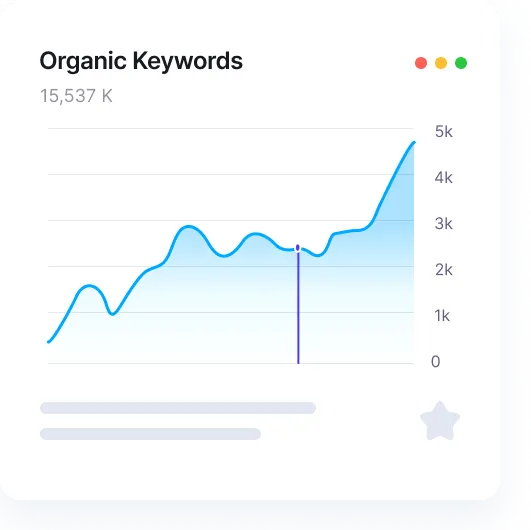

Search the Facebook ads library to see previous campaigns run by competitors.









Every decision we make is driven by data and research.
We analyse your current assets, audience data, competitors, and performance (if applicable).
We build out your campaigns — defining goals, offers, audiences, and creatives.
Campaigns go live with multiple ad variations. We monitor early performance and refine daily.
Based on conversion data, we scale winning ads and test new ideas to improve ROI over time.








*Some projects delivered in collaboration with agencies during previous roles.
✓ Review of your current marketing & goals
✓ Honest feedback on whether Meta Ads are right for you
✓ Competitive analysis of your market
✓ Recommended budget & ROI potential
Please reach out if you have any further questions.
Extremely. You can target by age, location, interests, behaviours, job title, even people who’ve visited your website or engaged with your content.
Both. Whether you’re collecting leads for a service or sending people to an e-commerce product, Meta’s flexible ad formats and objectives make it ideal for both.
Yes! Retargeting is one of Meta’s strongest features — you can show different ads to users who’ve engaged, visited your site, or even watched part of a video.
Absolutely — engaging creative is everything on Meta. I handle both design and copy to ensure your ads stand out and convert. If doing videos, something personal and authentic also works very well, or if you have something bigger in mind, we can also brainstorm a full ad and get it professionally created.
The platforms are competitive, but success comes from great targeting and testing. With the right creative and audience structure, there’s still huge opportunity — especially for local services and e-commerce.
That’s often down to poor targeting, a weak offer, or under-optimised campaigns. I use a full-funnel structure, track everything, and iterate based on performance — not guesswork.
Even a small monthly budget (£300–£1000) can work well — especially for retargeting or local campaigns. What matters is how well it’s managed and tracked.
Not true. Meta Ads convert — especially when paired with strong landing pages, offers, and clear CTAs. Many of my clients see a £5–£15 cost-per-lead with strong return on ad spend.
This ROI calculator helps you estimate how much revenue your marketing budget could generate based on your website performance and sales process.
Here’s what each part means:
Monthly marketing budget – How much you plan to spend on marketing (e.g. SEO, PPC, Paid Social).
Website traffic – How many visitors your website gets each month.
Website conversion rate – The percentage of visitors who generate leads or key events (fill out a form, call you, etc). Most websites convert between 2–5%.
Lead-to-sale conversion rate – The percentage of leads or key events that turn into paying customers. This varies by industry, but 10–30% is a common range.
AOV (Average Order Value) – The average amount each customer spends when they buy from you (we use this figure to estimate a profit based on your average customer).
Once you enter your numbers, the calculator shows:
Estimated leads – How many leads your website could generate.
Estimated sales – How many of those leads could convert into customers.
Estimated revenue – How much revenue that could generate.
ROI – Your return on investment, based on your budget and estimated revenue.
Prefer to message? Chat live now in the bottom corner.
Data-driven marketing to elevate the standards of internet marketing.